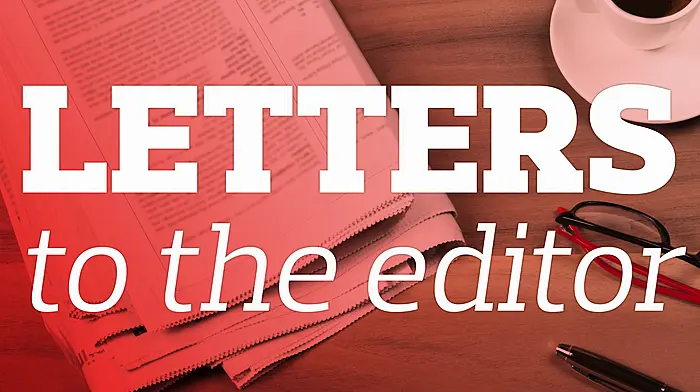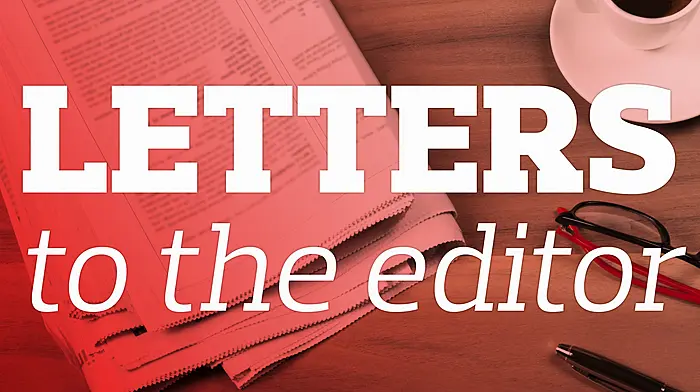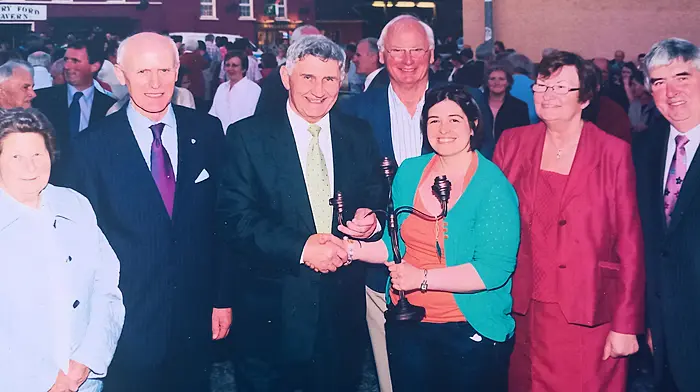THERE was something very refreshing, enchanting even, about the small homespun mini St Patrick’s Day parade efforts last week that appeared online. With all big gatherings of people forbidden because of the risk of spreading the coronavirus and the pubs closed, people were at a loose end on the feast day of our national saint, but many with young families made the best of it and involved the children in staging their own parades in their gardens or the immediate vicinity.
Necessity is the mother of invention and children probably got a lot more out of celebrating St Patrick’s Day this way, using their imaginations and interacting more with their parents and siblings than if they had gone to view a parade. In these busy modern times, between parents commuting to and from work, childminding and numerous other demands, some are passing each other like ships in the night and finding it difficult to find a good work-life balance.
While any enforced loss of work and the closure of schools will inevitably cause some hardship as we confront the very serious threat of the Covid-19 virus, some positives can – hopefully – be taken out of it through enhanced family bonding. Granted, there will be hiccups when cabin fever takes hold from time to time, but with the evenings getting longer from this weekend, and hopefully an improvement in the weather, families may be able to enjoy more outdoor activities together, albeit observing safe social distancing.
Unfortunately, it looks as if it will be quite a while before things get back to what people would term normal – and it may be a new type of normal because of the inevitable economic damage this coronavirus pandemic is causing worldwide. Apart from some spare money Finance Minister Paschal Donohue had set aside in Budget 2020 for a possible no-deal Brexit fall-out, a huge amount more will have to be spent in dealing with Covid-19 and, inevitably, this will have to be borrowed and paid back.
With European Union shackles on expenditure loosened temporarily, hopefully any upscaling of our public health service to deal with the crisis can be maintained and built upon when the emergency is over so that we can make longer-term progress in tackling the trolley crisis at emergency departments and hospital waiting lists generally. But that is for another day.
In the meantime, healthcare professionals are working above and beyond the call of duty to deal with the Covid-19 crisis and those of them with young families may be losing out on the simpler pleasures of life others find they are able to sample now by spending longer periods with kith and kin. Hopefully, they will be amply rewarded and will be able to avail of some badly-needed downtime when the crisis eventually subsides.










